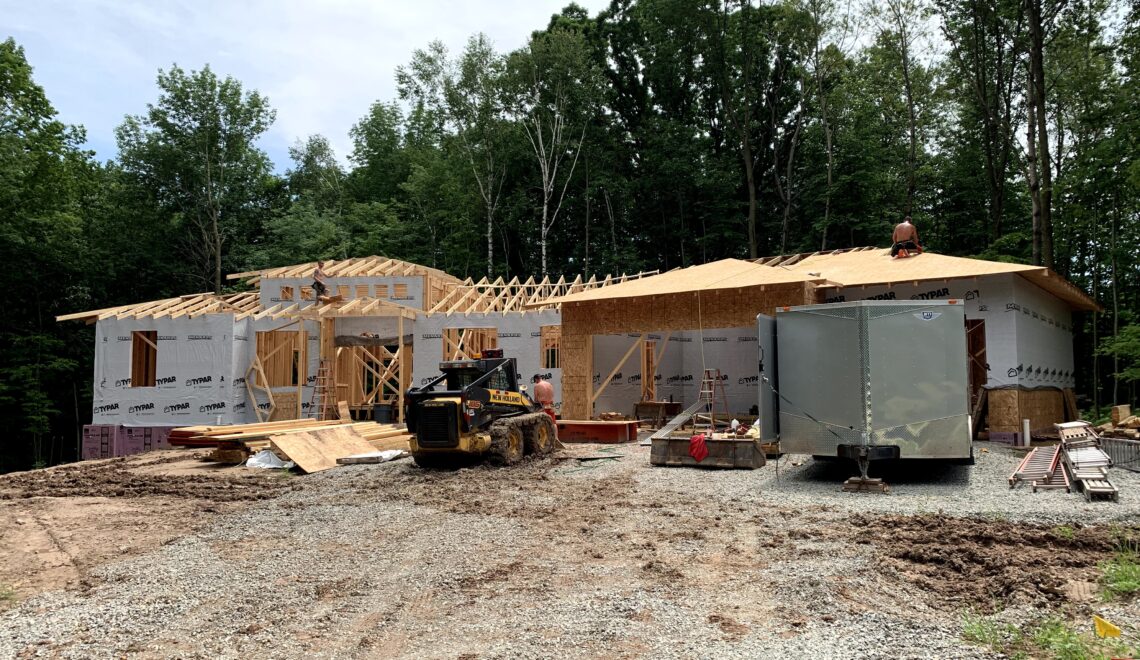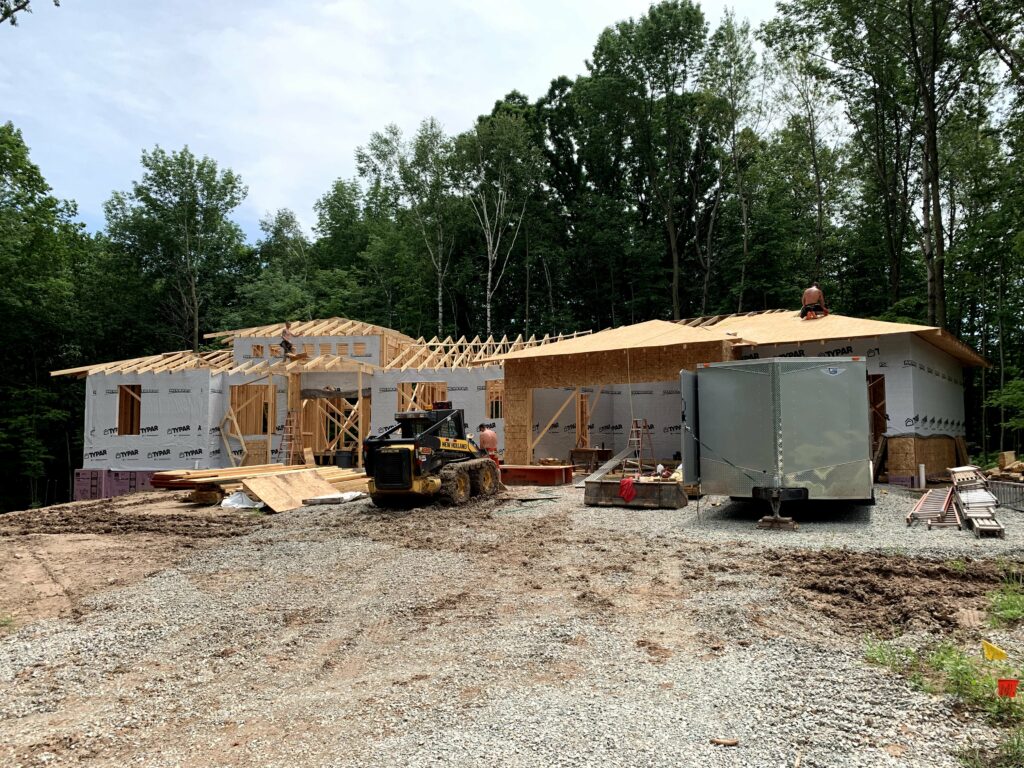

Dear Monty: We need to move to Minnesota, and we live in Texas. It’s a new build; we’ve lived in it for 2 years, got all the upgrades, and it backs up to a hiking trail and gated community outside of Austin. In theory, it should have been appreciated, but it has not. There are tons of new builds going up around me. Our agent told us that we would most likely lose $60-70k when selling. Now, we are considering renting out the home instead. In the best case scenario, we would “lose” $1k per month if we rent. But that seems better than losing $60k at once. We also wouldn’t lose money since it’s an investment in our home. Theoretically, our home should eventually increase in value, but it’s too soon. We have one rental property, our (possible) second rental property. In terms of numbers, we bought the home for $575k in 2023. We put $40k down. We would likely lose the down payment plus another $20k. Any advice is appreciated!
Monty’s Answer: First, let’s address the monthly cash flow scenario. You mention losing approximately $1,000 per month if you rent. Over a year, that’s $12,000 in negative cash flow. While you’re correct that part of your mortgage payment goes toward building equity, you’ll still need to cover that monthly shortfall from other income sources. Be sure to factor in additional costs beyond the mortgage payment, including property management fees, maintenance, property taxes, insurance, and reserving reserves for significant repairs.
The $60-70k immediate loss from selling is undoubtedly significant. However, consider both options’ opportunity costs and risks if you rent the property and continue losing $1,000 monthly. In that case, you’d reach that same $60k loss amount in about 5 years of negative cash flow (not accounting for tax benefits or property appreciation/depreciation).
Some key points in favor of renting:
- You already have landlord and local property management experience
- You’d avoid locking in the current loss
- The Austin area has strong long-term growth potential
- You can deduct rental property expenses and depreciation on your taxes
- Property values may recover before you need to sell
Points favoring selling now:
- You’d have closure and could focus on your Minnesota move
- You wouldn’t have the stress of managing a distant property
- You’d avoid the ongoing negative cash flow
- You wouldn’t risk further market declines
- You could use any remaining proceeds for your next home
Given your specific circumstances, renting could be viable if:
- You can comfortably afford the monthly negative cash flow
- You’re willing to hold the property long-term (5+ years)
- You have sufficient reserves for maintenance and vacancies
- You’re comfortable with the risks of remote property management
However, don’t dismiss selling to avoid locking in a loss. Sometimes, accepting a known loss is better than risking a larger one, especially if holding the property would significantly strain your finances or complicate your life. Also consider a middle option: Rent the property for 1-2 years while the market potentially stabilizes, then reassess. This option would give you time to evaluate being a long-distance landlord while waiting for possible market recovery. Here is a helpful Dear Monty column about competing with new construction. Whatever you decide, make sure to consult a tax professional.


